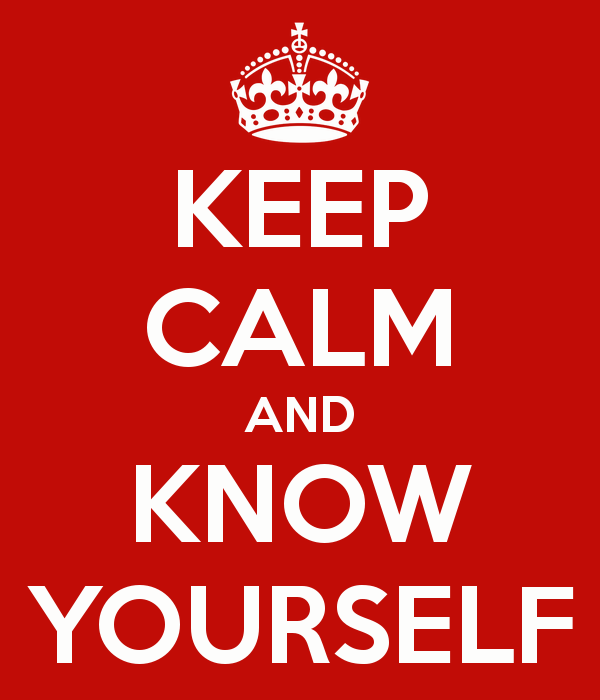To be a competent and successful parent you need the ability to look in the mirror regarding your mindset, feelings, and attachment history. Knowing yourself – making sense of your life and coming to terms with your past – is the first step in helping your children flourish.
Our childhood experiences with attachment figures are where our scripts are written. These experiences develop into core beliefs; the mindsets, attitudes, and expectations that define who we are, how to relate to others, and what roles we play. From before birth and well into childhood, our subconscious receives a tremendous amount of input from which we formulate our beliefs about self, others, and the world. This is how we are taught to view ourselves as capable or inept, good or bad, deserving of love or unworthy.
Many adults have some degree of emotional baggage from their pasts—unhealed pain, losses, resentments, and fears stemming from early life experiences. These childhood experiences develop into “working models”—the core beliefs, mindsets, and expectations about whom we are and how to relate to others. Without self-awareness, we will be controlled by these outdated beliefs. Awareness of why we make certain choices frees us to make healthier choices. The Life Script is an excellent tool for becoming aware of your early programming, and the associated perceptions, emotions, and behaviors that influence our parenting and adult relationships.
The more honest you are in completing your Life Script, the more value it will have for you. If you have a spouse or partner, it is helpful for you both to complete a Life Script. It is best to do so separately, and then discuss your responses and insights together. This can serve as a powerful vehicle for improving both your co-parenting and adult-adult relationships. If you do not have a significant other, choose someone you trust to talk to about your Life Script.
Life Script Questions:
- List 4 to 6 descriptive words or phrases to describe your mother or other maternal caregivers, from your perspective as a child.
- List 4 to 6 descriptive words to describe your father or other paternal caregivers, from your perspective as a child.
- List 4 to 6 descriptive words that describe yourself as a child—the way in which you perceived yourself during childhood.
- Give 4 to 6 descriptive words to describe your siblings, including significant stepsibling relationships.
- What were the major messages your mother(s) gave you about who you are and how to deal with life? Did you accept or reject these messages?
- What were the major messages your father(s) gave you about yourself and how to deal with life? What was your response to these messages?
- What did your mother(s) model regarding women ,mothers and wives?
- What did your father(s) model about men, husbands and fathers?
- How did your parents handle conflict, communication, emotions and discipline of the children? Who had the power in their relationship? Who was the disciplinarian? How did these things affect you as a child? How does it affect your parenting now?
- Did alcohol or drug abuse play a role in your family?
- When you were upset as a child (emotionally distressed or frightened, physically ill or hurt), to whom did you turn to for comfort and support? What happened?
- Name the people in your life with whom you have had significant romantic relationships. List 4 to 6 descriptive words to characterize each one. Include your current partner.
- Who was your favorite childhood hero or heroine? Why?
- What would you write on the tombstone or epitaph for father, mother, self, and spouse/partner?
- How do you think your childhood relationships and experiences affected you as an adult, including how you think about yourself and how you relate to your partner and children?
What have you realized by completing your life script? What do you want to change, and how will you achieve these goals?


